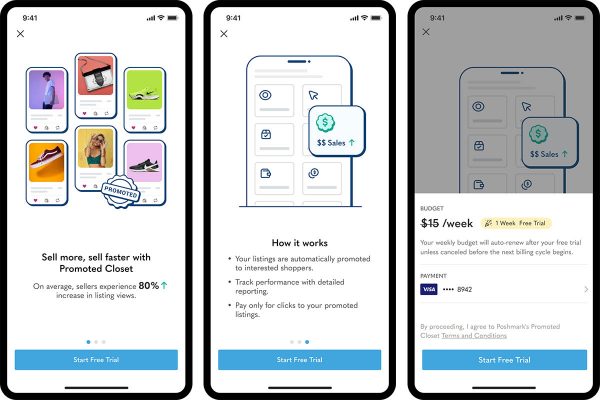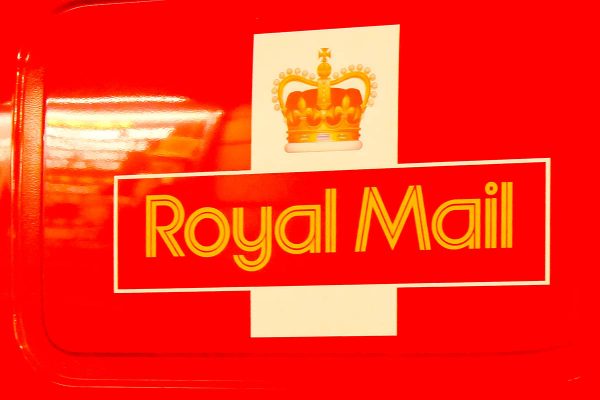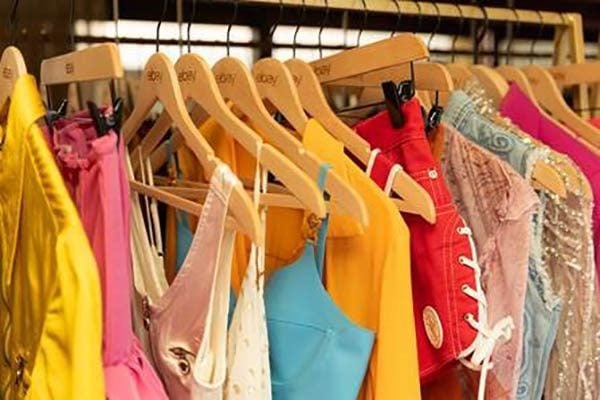The majority (70%) of British consumers demand pop-up shops as a solution to excite waning in-store shopping experiences with experiential initiatives, says research by OnBuy.
The research polled 1,424 British consumers to stay on track with the changing dynamic of customer shopping preferences.
According to the survey, the three main factors that would make consumers want to attend a pop-up shop: the prospect of “freebies” (65%), a unique experience (61%) and the chance to try new products not yet available (57%.) Of less interest are product demonstrations (22%) and guest speakers (17%.)
What would make shoppers abandon a pop-up store?
Comparably, the factors that would turn consumers away from attending a pop-up shop include overcrowding (73%), no products available to try (50%), visually unappealing qualities like abrasive music and colours (47%) and no staff on hand to answer queries – at 37%.
Cookery pop-ups are of most interest to the British public, with two-thirds of the vote (60%); followed by fashion (50%), cosmetic (47%), tech (40%) and art (37%.)
When asked, “When attending a pop-up, what do you expect from product pricing?” 47% of respondents revealed they expect to pick up a bargain or items at a discounted rate. While 40% expect a realistic insight into a brands pricing and over a third (37%) expect to be able to take away freebies and samples at no cost.
Over two-thirds (63%) of consumers stand firm on the fact access (entry) to pop-up events should be free of charge. Although 30% did argue it would depend on how much they like the brand or product involved, just 7% would be willing to pay for a meaningful experience.
Moreover, 60% of Brits believe the biggest reason pop-up shops are becoming so popular is it’s easier to discover independent/smaller brands. Other factors include it’s fun and exciting (57%), and it’s a more intimate and personal way to connect with consumers (43%.)
3 key factors to consider when setting up a pop-up store
- Take time to visit the shop’s potential location, over several weeks and at different times of the day, to assess footfall. Shoppers won’t just come to you because you are a pop-up. Look at how many people pass by and how you can engage with them to get them through the door.
- Share your story. Why are you a pop-up and why is it an exciting venture? Consumers love to know the reasons behind your business, what you want to achieve and why you want to make it a success.
- Be neighbourly. Setting up a pop-up shop isn’t easy, and you need to build relationships fast. Invite the retail neighbours’ round and tell them what you do to help spread the word. Support your neighbours and they will support you.









